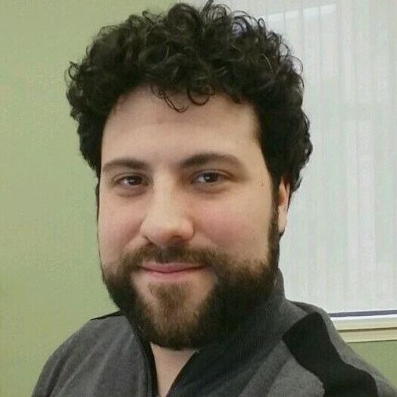What Does a Data Scientist in Government Do?

In this article
If there’s ever been a sector in need of analytical minds, creative ideas, and the patience to parse through and make sense of significant data sets, it’s the government. As one of the biggest collectors of data in the country—from census data to national security intelligence—government agencies rely heavily on trained data scientists to help them make informed and wide-reaching decisions that affect the lives of millions.
If the prospect of using your data science skills to contribute to the health, prosperity, and safety of a country piques your interest, then a data science career in government could be the right fit for you.
As a growing number of government agencies shift from analog record-keeping to electronic databases, there is a mounting need for data scientists to make sense of all that information. Learn more about the opportunities, responsibilities, and salaries of data scientists in government here.
How is data science used in government?
At its core, data science in government isn’t too different from data science in other fields—the ultimate goal is to tease out meaningful and actionable insights from collected data. But, given the number of different agencies that fall under the umbrella of government—from law enforcement and intelligence agencies such as the CIA and FBI, to federal and state departments such as the USDA and transportation—the opportunities for data scientists vary greatly.
One example of data scientists playing an increasingly important role at a national level is in the processing of big data in defense and counter-terrorism. With the introduction of real-time analytics, machine learning algorithms, and AI, data scientists make it possible to have clearer and more comprehensive monitoring of naval and air space, more accurate predictions of threats to national security, and closer tracking of potential terrorist behavior through analysis of unusual conversations, texts, purchases and movements, and interactions with contacts.
On the civic front, data scientists work with cities and municipalities to improve efficiencies and cost-savings, measure the effects of government initiatives, and identify opportunities for increasing community engagement and safety. For example, data scientists have helped New York City find residents who are eligible for the Earned Income Tax Credit; they’ve analyzed traffic data in San Francisco to inform new road laws; and in Dubuque, Iowa, data scientists worked with the city to install and monitor smart water meters, the result of which led to an eight-fold increase in leak detection and water savings of more than 50 million gallons.
Given the volumes of information collected across agencies, states, and counties, government data science presents a sandbox of possibilities for identifying, preventing and solving many of the problems facing entire communities.
Get To Know Other Data Science Students
Haotian Wu
Data Scientist at RepTrak
Mikiko Bazeley
ML Engineer at MailChimp
Jonathan King
Sr. Healthcare Analyst at IBM
Government data scientist job roles/responsibilities
Most data scientists bring to the table technical skills such as knowledge of probability and statistics, data visualization, machine learning and AI, and proficiency with Python and SQL. In government, many positions also require sector-specific domain knowledge, such as agriculture, climate, consumer affairs, defense, economics, environment, education, and housing and urban development.
Data scientists in government often spend a lot of time cleaning data and getting it to a usable state because, compared to other sectors, a significant amount of government records are either originally handwritten or exist in an analog form. This presents exciting opportunities for data scientists to apply models and machine learning algorithms to datasets that haven’t previously been wrangled.
Other responsibilities of data scientists in government, depending on the agency, include:
- Analyzing spending data to identify and prevent waste, fraud, and abuse
- Using business intelligence to help government at all levels make better financial decisions
- Working with researchers in studies and tracking findings that could determine the course of new drugs and consumer goods
- Collecting and analyzing defense intelligence to improve defense systems
- Working with state and local departments to coordinate data gathering, analysis, and modeling
- Creating maps and visualizations to explain data findings
- Developing and communicating recommendations rooted in data to non-technical members of government
Government data scientist salary
Data scientists are in high demand, with state governments competing with top technology companies for talent. Research firm McKinsey said in 2015 that the coming years would see more demand for data scientists than supply, predicting that the United States alone would face a shortage of 140,000-190,000 people with analytical expertise, and a shortage of more than 1.5 million data-literate people who have the skills to understand and make decisions based on big data. This means there has never been a better time for the analytical, curious, and civic-minded to consider specializing in government data science.
The salary of a data scientist is typically determined by education, years of experience, location, and organization type. As of 2020, the average salary of an entry-level data scientist in government is around $91,074. The average salary of a senior-level data scientist in government is around $122,991.
Don’t forget to check out Springboard’s guide on how to become a data scientist with no experience.
Since you’re here…
Curious about a career in data science? Experiment with our free data science learning path, or join our Data Science Bootcamp, where you’ll only pay tuition after getting a job in the field. We’re confident because our courses work – check out our student success stories to get inspired.





